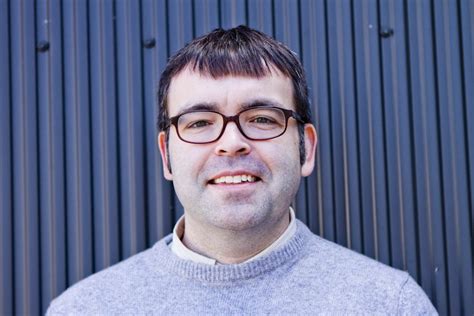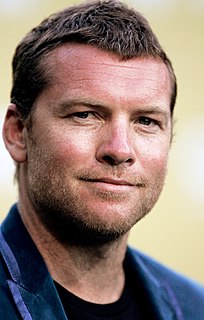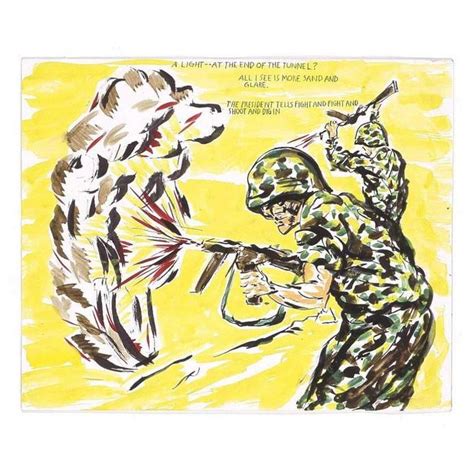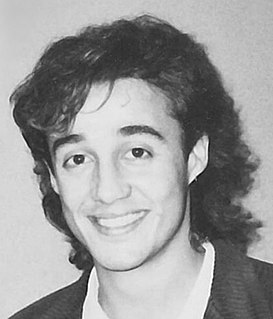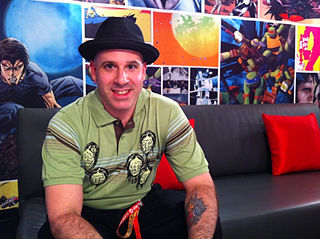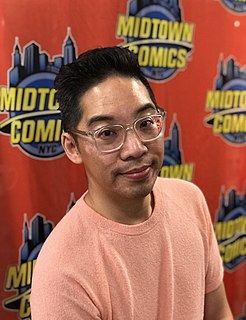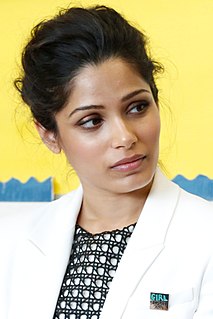A Quote by Ann Nocenti
It always amazes me that Japanese comics have, like, 200 pages. How do they do that? They're fat books; it's a whole different kind of comic that's very close to their films. So I'm drawing from that history and bringing it here - bringing it to Katana.
Related Quotes
I got into comics about the same time as music. By 12 years old, I had discovered my dad's killer comic book collection filled with Silver Age books from his youth...early Spider-Man, Thor, Fantastic Four, The Hulk, Detective Comics, Action Comics, you name it. Seeing those old books got me interested in new comics, so my friends and I would hit the local comic shop every Saturday to pick up the cool titles of my generation.
I'm really happy that more and more people are making their own comics. I remember how daunting it was for me to just put pen to paper, page by page, until you had a finished comic, but the way new creators are doing that and bravely bringing their unique voices and experiences to their work is really inspiring.

